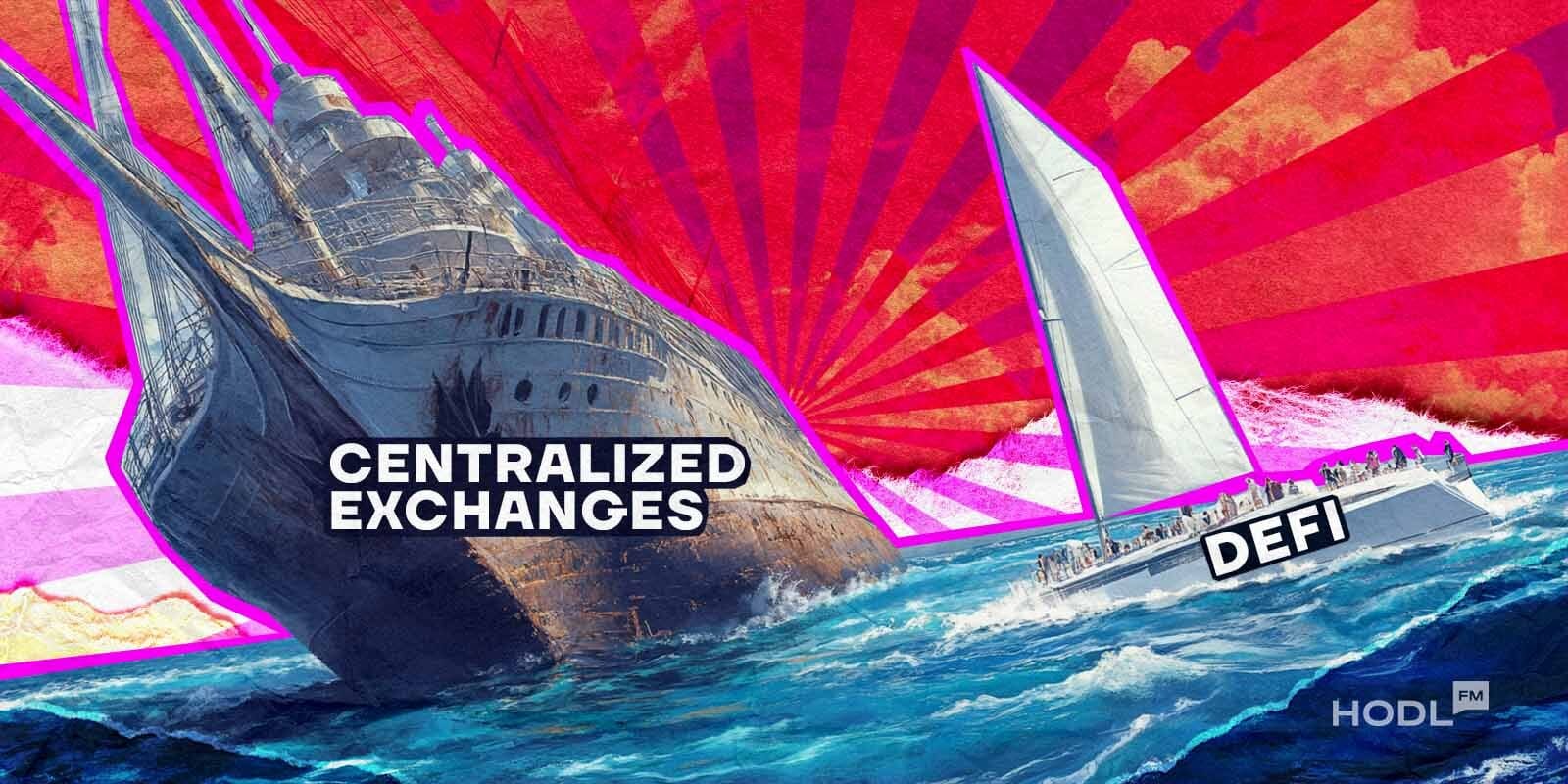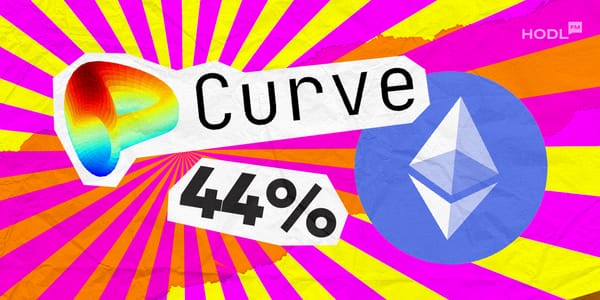Remember when centralized exchanges were the cool kids at the blockchain party? Well, it looks like the DeFi nerds are starting to steal the spotlight. Decentralized exchanges (DEXs) are climbing the crypto ladder faster than you can say "To the moon!" But what's really going on here? Let's dive into this digital drama and see why DEXs are becoming the new hotness in the crypto world.
More: DeFi is Reclaiming Lost Glory, Indicates Total Value Locked and Active Loans
Here's the lowdown on what's shaking up the crypto exchange scene:
- DEXs are gobbling up more of the trading pie, going from 4.6% to 7% of total volume
- Meme coins and weird tokens are finding their first home on DEXs
- User experience on DEXs is getting smoother than a freshly waxed Lamborghini
- Listing a token on a DEX is cheaper than buying a Starbucks coffee (okay, maybe a slight exaggeration)
Now, let's break this down. DEXs are having the time of their lives right now, jumping from handling just 4.6% of all crypto trades in February to a respectable 7% now. That's a 52% increase in just less than six months.
But why this sudden growth? According to Kunal Goel, a big brain at Messari, it's all about the popularity of meme coins.
You know, those tokens with names like "ElonRocketDoge" or "Dogwifhat" that make you question your life choices? Yeah, those.
The hat stays on https://t.co/IkOxHUxDF8 pic.twitter.com/6h3qq5lBID
— Zer0 🕊️ (@degengambleh) February 18, 2024
DEXs have been a hot ground for these tokens lately, thanks to the low entry barrier. Plus, traders are eating them up like hot cakes.
But its not just meme coin adoptions that have been working the magic. Remember when using a DEX felt like trying to land a rocket on the moon while blindfolded? Goel points out that "Onchain UX has improved with low fees and high throughput on Solana and Ethereum L2s." In human terms, that means using a DEX is getting easier than ordering a pizza online.
What’s more? In the past 24 hours, DEXs handled a whopping 22% of all trading volume. That's right, almost a quarter of all the money sloshing around in crypto land went through DEXs. It's like they're having their own little crypto rave, and everyone's invited!
But while DEX trading is hot, the overall market cap of DeFi projects is actually shrinking. TradingView data shows DeFi market cap dominance dropping from 4.47% on New Year's Day to 3.86% now.
Related: These Are What Crypto Whales Are Buying Up In August 2024
So how are centralized exchanges reacting to this? Good question; Goel predicts they'll "move on-chain and disrupt their own business model before others can." We're already seeing this with Coinbase's Base and Binance's BNB Chain which blur the lines between centralized and decentralized finance.
Will this hybrid approach be the best of both worlds? Maybe, but DEXs have an edge against their centralized counterparts.
Joseph Schiarizzi, from Open Dollar, says it's getting easier every day to launch new tokens and stablecoins. "Every day there are exponentially more tokens creating a longer and longer tail of assets. CEX's can't keep up now and they will only lag behind more and more."
Source: Giphy
And this is especially true because it'll cost you anywhere from $50,000 to $100,000 to get a token listed on a centralized exchange. But listing on a DEX like Uniswap or Camelot? It's practically free, especially if you're using a Layer 2 solution like Arbitrum.
While DEXs offer more freedom and access to a wider range of tokens, they also come with increased risks. There's less regulatory oversight, and the responsibility for security falls more heavily on the user. Scams and low-quality projects can be more prevalent on DEXs, so traders need to be more vigilant.
Disclaimer: All materials on this site are for informational purposes only. None of the material should be interpreted as investment advice. Please note that despite the nature of much of the material created and hosted on this website, HODL FM is not a financial reference resource and the opinions of authors and other contributors are their own and should not be taken as financial advice. If you require advice of this sort, HODL FM strongly recommends contacting a qualified industry professional.




